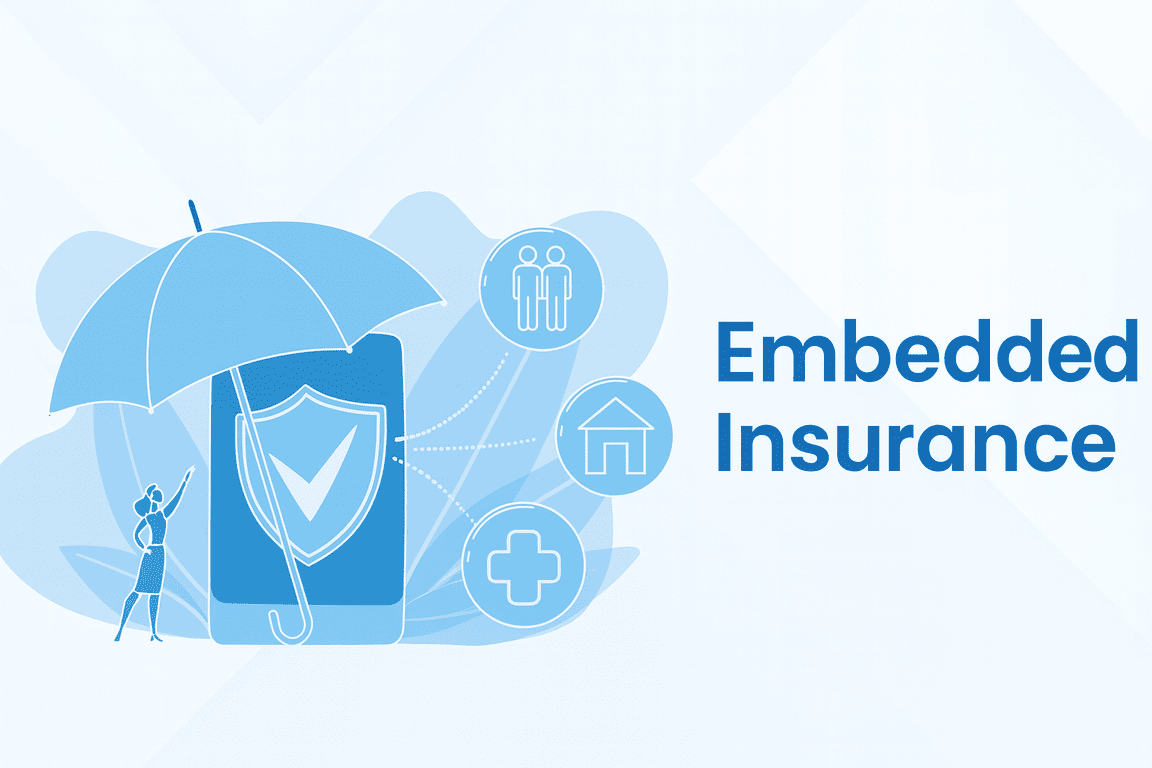In today’s fast-paced mobile app market, businesses must continue constantly looking for ways to enhance the quality of their products. Otherwise, they risk lagging behind their competitors. This is where DevOps comes into play, offering a powerful approach to streamline workflows, improve collaboration, and speed up application delivery.
Table of contents:
- What is DevOps?
- Benefits of Adopting DevOps
- How To Implement Mobile DevOps?
- Mobile DevOps Challenges
- Final Thoughts
- FAQ
In this article, we’ll explore the role of DevOps in mobile app development and discuss the benefits, implementation steps, and challenges associated with adopting DevOps practices in the mobile development space. Let’s delve in.
What is DevOps?
DevOps refers to a combination of practices and tools that aims at automating and integrating processes between software development teams and operations staff. In simple terms, the DevOps approach stands for people who effectively collaborate to build and deliver high-performance software.

DevOps development is anchored in four fundamental principles:
- Automating the software development lifecycle, which involves automating manual tasks that can decelerate the software delivery process.
- Collaborative culture that allows the teams to achieve the best possible outcomes through effective communication.
- Continuous improvement that consists in constantly looking for growth areas by monitoring performance metrics and implementing improvements.
- Customer-centricity, i. e. focusing on customer satisfaction.
Benefits of Adopting DevOps
Adopting DevOps is associated with several benefits, which all lead to a higher quality of software and quicker time to market. Let’s look at the key advantages of adopting DevOps.
Effective collaboration
DevOps is anchored in a culture of collaboration and communication, removing silos that often hinder progress. With development and operations teams working hand in hand, organizations can streamline workflows, reduce bottlenecks, and eliminate miscommunications, which inevitably translates into enhanced productivity and more efficient delivery processes.
Continuous delivery
One of the key DevOps principles is automation, which enables organizations to automate repetitive tasks and streamline their software delivery process. By automating build, testing, and deployment processes, you can achieve faster release cycles, reduce human errors, and ensure consistent software quality.
Improved quality
Continuous testing and frequent feedback loops allow teams to readily detect and address performance issues, ensuring a seamless end-user experience. Needless to say that the high quality of a digital product is a sure way to build trust and loyalty with the customers and gain a competitive edge.
How To Implement Mobile DevOps?
The mobile applications market is growing and getting increasingly competitive, making mobile developers look for ways to improve the quality of their products. DevOps for mobile apps helps ensure more efficient delivery and high quality of the final product. Implementing mobile DevOps can be broken down into three steps:
Continuous planning and integration
Continuous planning refers to the iterative process of planning and prioritizing work throughout the entire mobile app development lifecycle. Continuous planning allows the team to readily adapt the product to changing business needs, market conditions, and customer feedback.
It involves regular real-time collaboration within the mobile app project team as well as continuous collecting of feedback from end-users. By continuously reviewing, adjusting, and reprioritizing work, organizations can align their development efforts with business goals, quickly respond to changes, and optimize resources.
Continuous integration is a practice that focuses on frequently integrating code from multiple developers into a shared repository. Once a developer makes changes to the codebase, those changes are automatically merged into a shared branch. Then the continuous integration server or tool triggers a series of automated tests to validate the changes and identify issues.
Continuous integration allows development teams to catch and resolve integration problems early, minimizing errors in the codebase.
Continuous testing and monitoring
Continuous testing is the practice of automating and integrating testing activities throughout the entire mobile app development lifecycle, from the early stages to deployment. It ensures comprehensive verification of app functionalities, usability, compatibility, and performance.
Mobile DevOps suggests combining automated testing tools and frameworks responsible for different aspects of mobile apps, from the user interface (UI) to performance testing. These tests are executed as part of the continuous integration and delivery process, providing early bug identification.
Continuous monitoring involves real-time tracking and analysis of key performance metrics and user interactions within mobile applications. It’s goal is to identify areas for improvement, optimize app performance, and enhance the overall user experience.
Continuous delivery and deployment
Continuous software delivery refers to automating the software release process to enable frequent and reliable deployments of mobile applications. It involves building, testing, and packaging mobile apps in an automated manner, ensuring they are always in a releasable state. In addition, continuous delivery enables organizations to confidently release new features, bug fixes, and enhancements anytime.
Continuous deployment takes continuous delivery a step further by automating the deployment of mobile apps directly to production environments. As a result, every change that passes the necessary tests and validations is automatically deployed and becomes available to users without manual intervention, significantly accelerating the delivery of new features and updates to their mobile apps.
Mobile DevOps Challenges
While adopting DevOps for mobile development brings numerous benefits, there are some challenges you should keep in mind.

Different OS versions
Every operating system has multiple versions, which makes testing your app a challenging task. Many versions make it difficult to ensure compatibility across different platforms.
Hardware
Likewise, the diverse hardware configurations of smartphones and tablets — screen sizes, storage, user interaction patterns, etc. — create a challenge for developers striving to build universally compatible applications.
Balance between app quality and consumer demands
While mobile DevOps emphasizes speed, it’s crucial to find a balance between rapid development and ensuring app functionality before releasing it to app stores.
Final Thoughts
As the mobile app market keeps on growing and getting increasingly competitive, the role of DevOps in mobile app development becomes even more vital. The fundamental DevOps principles — effective collaboration, continuous delivery, and improved quality — help organizations transform their mobile development processes and stay ahead of the curve.
FAQ
What is DevOps in mobile application development?
This is a software development approach that unites operations and mobile app development teams to streamline the app development lifecycle. It focuses on collaboration, automation, and continuous delivery, ensuring faster development, testing, and deployment of high-performing mobile apps.
What is a mobile DevOps engineer?
A mobile DevOps engineer is a professional who specializes in implementing and managing DevOps for mobile apps development. This role involves bridging the gap between development and operations teams, optimizing workflows, and leveraging automation tools to enable seamless application delivery.
What is the mobile DevOps process?
The mobile DevOps process refers to integrating DevOps practices into the mobile app development lifecycle. It includes planning, continuous integration and testing, continuous delivery and deployment, and continuous performance monitoring.
How do I start DevOps implementation?
It’s vital to begin with a thorough understanding of your organization in terms of goals, culture, and current development processes. Then, you need to assess existing workflows, identify pain points, and prioritize areas for improvement. Adopting DevOps for mobile apps involves establishing cross-functional collaboration between development and operations teams, implementing version control, automating build and testing processes, and gradually introducing continuous integration and delivery practices.




